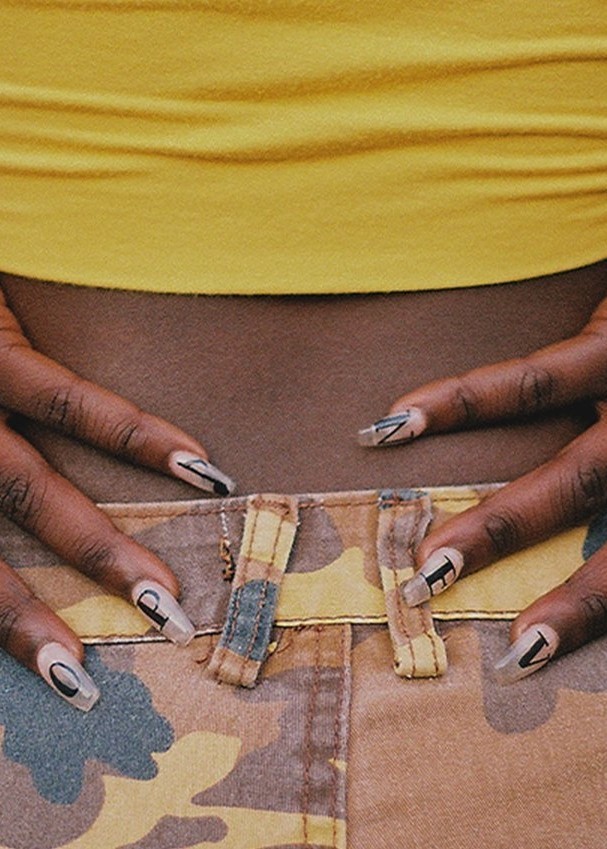
Redefining Themes Of Legacy, Love, and Labor.
For musician Alwyn Robinson, drumming came shortly after walking. Born into a family of percussionists tucked away in the backwoods of East Texas, the quest to find his own sound and his own sense of self lured him from his hometown of Marshall and led him west. The first stop was an undergraduate degree in Music Performance and Music Education at Texas Tech University followed by three years pursuing an MFA at the University of Colorado, Boulder. While living in Boulder he began touring with legendary jam band Leftover Salmon, which introduced him to a new world of musical possibilities as he then began to incorporate elements of bluegrass, Americana, & Cajun music into his own work. Finally, his travels search landed him in the mecca of inspiration and artistic diversity—Brooklyn, NY.
Through community, collaboration, experimentation, commitment to craft and constant pursuit of self, Alwyn has crafted his own sonic landscape using the sounds, colors, texture and spirit of his travels and experiences, alchemizing them into his latest release, Bluebonnet. Quiet, expansive and indelibly stirring, Bluebonnet is the summation of his journey thus far and an indication of where his sound might carry him next.
Most recently, Alwyn and his original compositions were featured in the Tribeca Film Fest nominated short, Wake Up, starring Margaret Qualley and directed by Olivia Wilde. We sat down with him for this series called “100yrs of Protest” to get his views on the current state of America.
On Police brutality:
Repeated habits, repeated cries, continuous mental instability for the black community. We live in an age where we are allowed an in-depth perspective towards the process of eliminating a black life, where we can open our eyes out of a worried slumber at the crack of dawn and witness the breath being sucked out of a living being, a living black being. Though these are not new events, nor are they new images, the disregard for humanity, for black life, at the hands of police officers is still haunting and traumatic, and it is business as usual for the corrupt system that we are placed under.
The History of Police Brutality:
From the Tulsa Race Massacre, the single worst incident of racial violence in American history, to Watts ’65, Newark & Detroit in ’67, Miami in ’80, LA in ’92, Cincinnati in 2001, Ferguson in 2014, Baltimore in 2015, and countless other reactions to police brutality, I have been faced with the reality that no matter how successful or poor I may be, my life can be taken from me in a flash with no repercussions being dealt out. This is a fear that I carry consistently every day that I leave the house.
So what does this lead to?
Thoughts to voice. Anger, sadness, confusion, and frustration beat into rhythm. Pen to paper. These are the tools that allow me to feel free, feel heard even if no one is listening, feel defiant. For all we ask is to be felt, to be heard, to have the opportunity to explore freedom in the sense that others are privileged to. These actions by police officers that we are experiencing cause me to worry, cause me to feel agony, often drenched in uncertainty, but it drives me. Their efforts to silence us drives me to BE. This brutality that we witness forces me to place all of those emotions, or as many as humanly possible, into music. And it seems that every time I doubt myself, a media outlet gives me a weekly reminder as to why I must keep creating. For our time is limited in a different scope. It could be after a walk to the store or a ride to the park, but I can’t keep this anger inside.
What are You?
Say we don’t matter
You will feel us
If we rise
Or if we fall
If you choose
To say we don’t matter
You will feel us
If we rise (and)
When we
Fall down
Fall down
Rise Up
To
Fall down
Might as well fall down
— Blossom (Rise & Fall)


